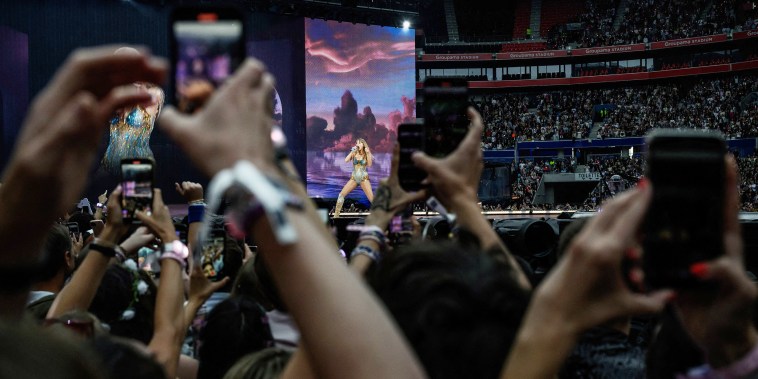The Funflation Effect: Understanding the Shift in American Spending Patterns
The phenomenon known as the Funflation Effect describes the recent trend in which Americans are allocating a larger portion of their budgets towards leisure activities such as travel and entertainment. This shift in spending patterns has been driven by a combination of economic factors, changing consumer preferences, and evolving societal norms.
One of the primary reasons behind the Funflation Effect is the overall improvement in the economic landscape in the United States. As the economy has strengthened in recent years, consumers have experienced higher levels of disposable income, leading to a greater willingness to spend on non-essential items such as experiences and entertainment. Additionally, low unemployment rates and rising wages have instilled a sense of financial security among many Americans, enabling them to indulge in leisure pursuits without feeling overly constrained by budgetary concerns.
Furthermore, changing consumer preferences play a significant role in the rise of the Funflation Effect. Millennials, in particular, have been identified as a driving force behind the increased emphasis on experiences over material possessions. This generation values travel, entertainment, and unique experiences that contribute to personal growth and well-being. As a result, they are more likely to prioritize spending on activities that enrich their lives and create lasting memories.
Moreover, the advent of social media has amplified the desire for unique and Instagram-worthy experiences, pushing individuals to seek out novel and exciting forms of entertainment. The rise of influencers and the culture of sharing experiences online have fostered a competitive environment in which individuals strive to outdo one another in terms of the excitement and exclusivity of their leisure pursuits.
Additionally, societal changes have played a role in shaping the Funflation Effect. The increasing focus on mental health and well-being has led individuals to prioritize self-care and relaxation, often through activities such as travel, spa visits, and entertainment outings. The work hard, play hard mentality has gained traction, encouraging individuals to strike a balance between professional responsibilities and personal enjoyment.
In conclusion, the Funflation Effect represents a significant shift in American spending patterns towards prioritizing leisure activities and experiences. This trend is driven by a combination of economic prosperity, changing consumer preferences, and societal influences. As individuals continue to seek fulfillment and enjoyment in their lives, the emphasis on travel, entertainment, and unique experiences is likely to remain a prominent feature of the modern consumer landscape.



























